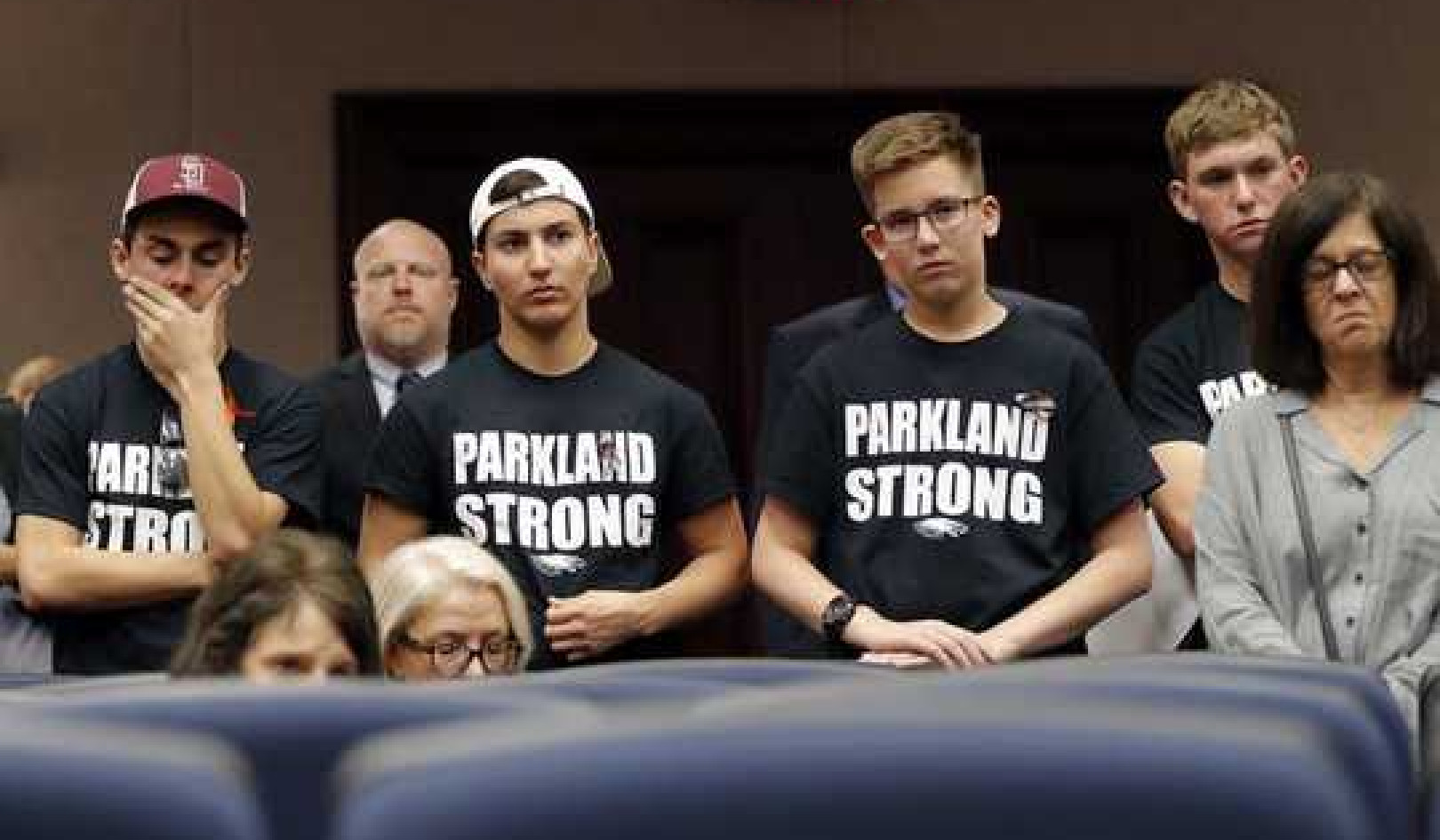
Because a single powerful leader will draw from the rest of us powerful projections ranging from savior to devil, from healer to destroyer, I have long been interested, as a psychiatrist and Jungian psychoanalyst, in the relationship between politics, mythology and psychology. For people like me, this is our year.
Like many others, I didn’t take Donald Trump seriously at first. Then, while traveling in Australia in the spring, I saw a young man taking pictures of himself and his girlfriend using a long selfie stick that he used to place his iPhone right in a koala bear’s face. At that moment I thought of Trump. He is using the longest selfie stick in the world to project his face around the globe, stirring intense emotions in others with simplistic ideas about race, ethnicity, gender and national security — the ingredients of what in our field we call “the group psyche.” Unlike many political commentators, I spend a lot of time exploring the psyche of the group — what lives inside each of us as individual carriers of that psyche and what lives between us in our shared experience of swimming, so to speak, in the same waters of powerful collective emotions.
Each of us has taken a Trump trip over the past months — a nonstop rollercoaster ride: obsessive, compelling, endlessly dramatic and at times outrageous and terrifying. Sometimes it seems we have crossed over into a mad incomprehensibility — as with Trump’s recent suggestion that “2nd Amendment Americans” just might take care of Hillary Clinton.
Like everybody else, I find myself pulled into this tug-of-war, wondering what in the world is going on even as I come close to panicking at the feeling that I am being sucked under.
Wherever he is, wherever he goes, Trump invariably draws huge attention and makes himself the center of interest. For some that can be inspiring; for others, it can be traumatizing. He is larger than life — what we sometimes call “grandiose.” What especially interests me is how, in stirring up collective emotions and group issues of identity, Trump finds a seamless fit with significantly large segments of the population. Obviously he is tapping deep currents in the American psyche that fuel our political thoughts and behavior. Some see him as a colossal narcissist, sucking up all the energy around himself like a black hole and making himself a grave threat to American life — Public Menace No. 1. Others see him as a dynamic and successful businessman who gets things done and courageously speaks unpleasant truths.
The easiest thing, of course, is to fix Trump in one’s mind as just one thing — a buffoon, say, or a demonic demagogue, or a savior. But he and the media circus surrounding him are far more complex than any one thing. In trying to piece together some of the multitudinous fragments of our collective trip with him, however, I realize that I have been stalking a mythical beast. Each time I think that I have understood its nature, that I am close to killing or capturing it, it reappears in another guise, perhaps even tenfold in number.
The singular thing I conclude with certainty is that Trump is at his best when he is awful. The worse he behaves, the more attention he draws to himself, the more some people love him for it while others condemn him. Never count him out, no matter how deplorable his behavior. He is resilient and shrewd even as he reveals amazing political incompetence. Although good at playing one, he is no fool. He has masterfully cultivated his celebrity, playing on our national preference for illusion over reality. He understands hyperbole and myth making, knows how to brand himself and how to pose as a symbol of something important that may turn out to be hollow at the core. Above all, at some deep level he understands the American people’s love and longing for greatness — and their fear of losing it.
My focus over these past few months in fact shifted from Trump himself to how his personality seems to strike such a resonant chord in so many people. Something else happened to me in Australia as I watched the young couple with the selfie stick posing before the koala bear. I was seized by the notion of Trump as an intrusive, omnipresent and terrible-to-behold mirror image of what I think of as America’s worst public face. In his bullying, aggressive, materialistic, racist and totally unreflective poses, he is what the world must see as the worst side of America’s greatness. No wonder Putin may indeed wish to help Trump win.
As a selfie of our own worst side, Trump is the modern incarnation of Narcissus, the Greek beauty who is oblivious to everything but himself. Trump’s self-interest and grandiosity appeal to his followers in their desperate need of something grand and powerful to help them avoid confronting the phenomenon of “extinction anxiety.” This is not just what Freud called the “death instinct” in individuals, but a fear that everything we care about will ultimately vanish. My work has convinced me that all of us at some level fear that “our people” — white, black, Muslim, Latino, whatever the group to which we belong — are in danger of extinction. Certainly many people sense that America itself is threatened with extinction. Somewhere in our unconscious, if not our consciousness, we even feel that life on the planet is in danger of extinction.
Thus, my core conclusion is that there is a perfect fit between Trump’s projection of largeness and greatness and the narcissistic injury to many Americans of their essential notion of who we are as a people. It was his particular, if malicious, political genius to launch his campaign with an attack on political correctness: “Get ’em outta here!” That injunction made its first appearance at his early rallies when he urged the faithful in his crowds to get rid of protesters. It was the precursor of his pledge to rid the country of Muslims, Mexicans and others who were portrayed as dangerous threats to the American Way of Life.
We must not underestimate what a tremendous relief it is to many people to be liberated from the handcuffs of political correctness they felt they were being forced to wear and to give vent to its nasty underbelly of racism, sexism and hostility to others not like us. “Get ’em outta here” is Trump’s promise to the faithful in protecting the country against further injury and decline. It is the foundational defensive premise of his campaign. Defend, bully and attack — this is what Trump does best. By identifying with him, Trump’s followers have found in his grandiosity the cure for their own sense of powerlessness and inferiority and the power to fight back against their own extinction. Once the enemy is expelled, they join their Maximum Leader in his righteous crusade to “Make America Great Again.”
Magically, they will have found immortality — they are in the selfie with him as is some part of all of us.
This post first appeared on BillMoyers.com.
About The Author
Thomas Singer is a psychiatrist and a Jungian psychoanalyst living in the San Francisco Bay Area. This essay is based on a chapter he has contributed to A Clear and Present Danger: Narcissism in the Era of Donald Trump, edited by Leonard Cruz and Steven Buser, published by Chiron Publications. Dr. Singer has written several other books, the most recent being Europe’s Many Souls: Exploring Cultural Complexes and Identities which he co-edited with Dr. Joerg Rasche of Germany.
Related Books
at

Thanks for visiting InnerSelf.com, where there are 20,000+ life-altering articles promoting "New Attitudes and New Possibilities." All articles are translated into 30+ languages. Subscribe to InnerSelf Magazine, published weekly, and Marie T Russell's Daily Inspiration. InnerSelf Magazine has been published since 1985.

Thanks for visiting InnerSelf.com, where there are 20,000+ life-altering articles promoting "New Attitudes and New Possibilities." All articles are translated into 30+ languages. Subscribe to InnerSelf Magazine, published weekly, and Marie T Russell's Daily Inspiration. InnerSelf Magazine has been published since 1985.






















